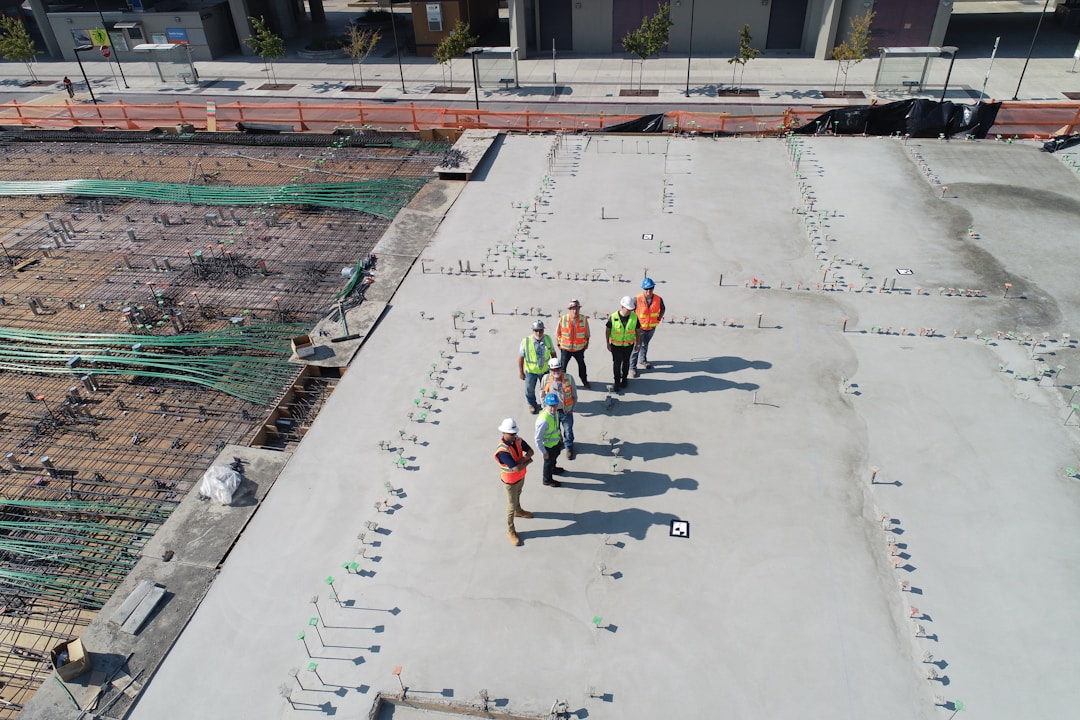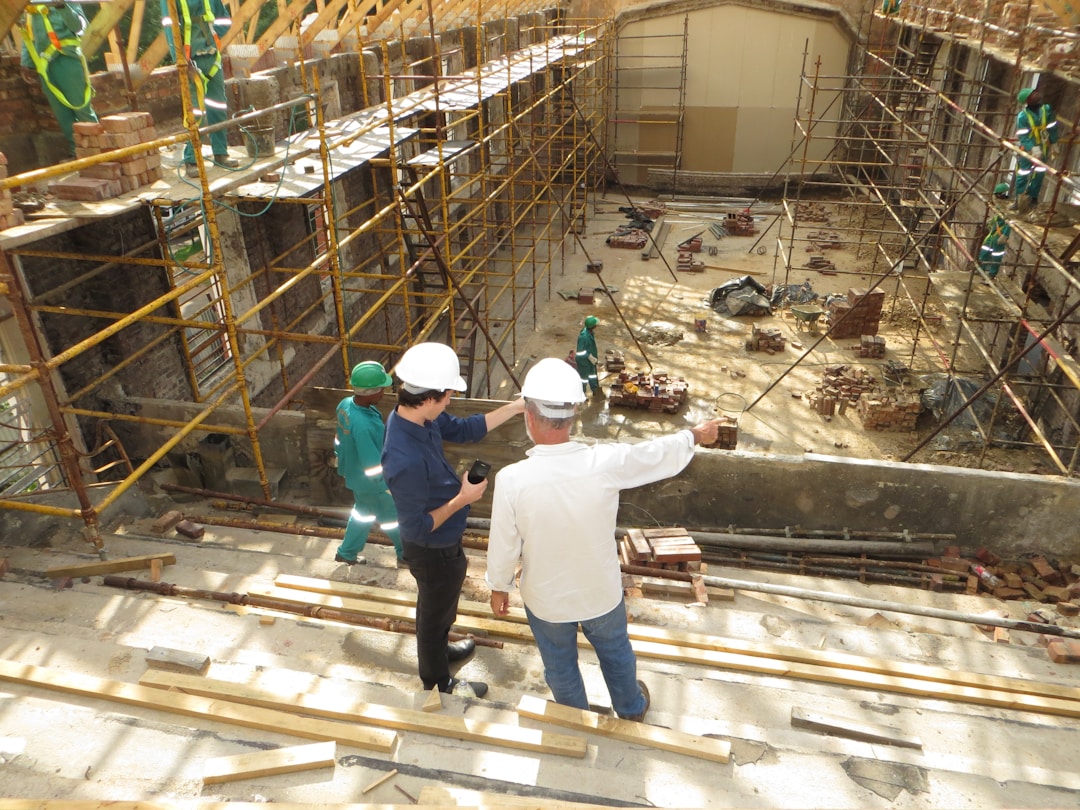The construction industry leaves its mark on your community every day. Construction professionals prepare building sites and construct buildings, roads, and bridges. They also modify and upgrade existing structures.
As of 2020, the construction industry in the United States was worth over $1.3 trillion. Anything used by construction companies is considered a construction resource, including people, equipment, financing, and materials. While the specific resources you need for your next project may vary based on the nature of the project, these five resources are common construction resources required for almost any project.
1. You may need concrete experts.

Concrete’s a standard construction material containing cement. Concrete’s used in various construction projects. Homes and commercial buildings typically have a concrete foundation. Many driveways are made with concrete. Concrete’s also used to construct bridges and parking garages.
You may need concrete safety barriers if your project involves road or bridge construction. Concrete barriers prevent vehicles from striking construction workers. They’re used to guide traffic away from the construction site, ensuring drivers stay on surfaces where it’s safe to drive. You may use median barriers to divide traffic and prevent vehicles from entering the wrong lane. You may also opt to invest in precast concrete light pole bases. Precast light pole bases save time because you don’t have to pour bases at your construction site.
You could benefit from hiring a mass concrete contractor when your project needs a foundation, thick walls, or dense slabs. Mass concrete’s poured on site. It’s an economical option for ensuring you have durable concrete structures for dams, beams, bridge piers, and other structures.
2. Your company might need new equipment or equipment maintenance.

Construction equipment is an essential resource for any construction company. Depending on the project, you may need multiple pieces of equipment, including boom lifts, asphalt pavers, backhoe lifts, compactors, forklifts, dump trucks, dozers, drills, excavators. Utilizing inventory maintenance software ensures you stay on top of routine maintenance to prevent equipment from breaking down.
Routine equipment maintenance also ensures you retain your warranty, helping you reduce repair costs. Vehicles may need oil changes and tire rotations, and your maintenance staff should ensure the brakes are replaced when necessary to prevent on-site accidents.
Regular inspections ensure your industrial trucks remain operational Signs of wear, cracks, or bent forks could indicate it’s time to invest in lift truck fork replacement. A forklift with a damaged shank or blade could drop its load, damaging materials. Your workers will lose time because they’ll have to clean up the dropped load. Serious accidents could also cause workplace injuries.
3. Building materials are essential.

There are multiple types of building materials you may need for any project. You’ll need lumber when constructing a house or commercial building. You’ll need roofing supplies, such as shingles.
It’s common to use steel beams when constructing bridges, parking garages, and buildings. You may need aluminum for window frames or mouldings. Bricks are used for exterior siding, interior decor, walkways, and driveways. Glass is used in windows and doors. Plastic pipes are part of plumbing systems. Your project may call for using stone to build supports and walls. You may need fiberglass for insulation. Make a list of required building materials at the start of each job to ensure you have the right materials on hand.
4. Experienced construction managers are essential.

Construction managers are construction experts who typically have a bachelor’s degree in engineering, architecture, or a similar discipline. They also receive on-the-job training from experienced construction managers when they enter the workforce. Depending on your state, your construction manager may need a license.
Construction managers guide construction projects. They’re involved from the start of the project, using their skills to develop timelines for project completion and cost estimates. Your construction manager confers with other experts, such as architects and engineers, to determine what materials you need and which subcontractors you require to complete crucial tasks.
Your construction manager sets the schedule and evaluates progress from the start of the project. They make reports and let you know if cost overruns are affecting the budget. Without a construction manager to keep things on track, your project may stall, and costs may escalate. Construction managers also ensure your project complies with building regulations.
5. Every construction project needs skilled construction workers.

There are multiple types of professionals who work in the construction industry, including forklift operators, brick masons, flooring installers, roofers, surveyors, crane operators, plumbers, electricians, painters, carpenters, and construction workers. Although hiring inexperienced workers may save money in the short term, it can cost more because of potential delays stemming from mistakes. Ensuring your project’s success involves hiring skilled workers familiar with the type of construction project you’re undertaking.
Your construction manager selects subcontractors and other workers. They should ensure all contractors and subcontractors have any certifications or licenses required to work in their field and practical on-the-job experience.
There are many resources you may need for your construction projects. Typical resources include concrete experts, building materials, an experienced construction manager, contractors, and subcontractors. Identify and secure the equipment required for the job and maintain the equipment.












